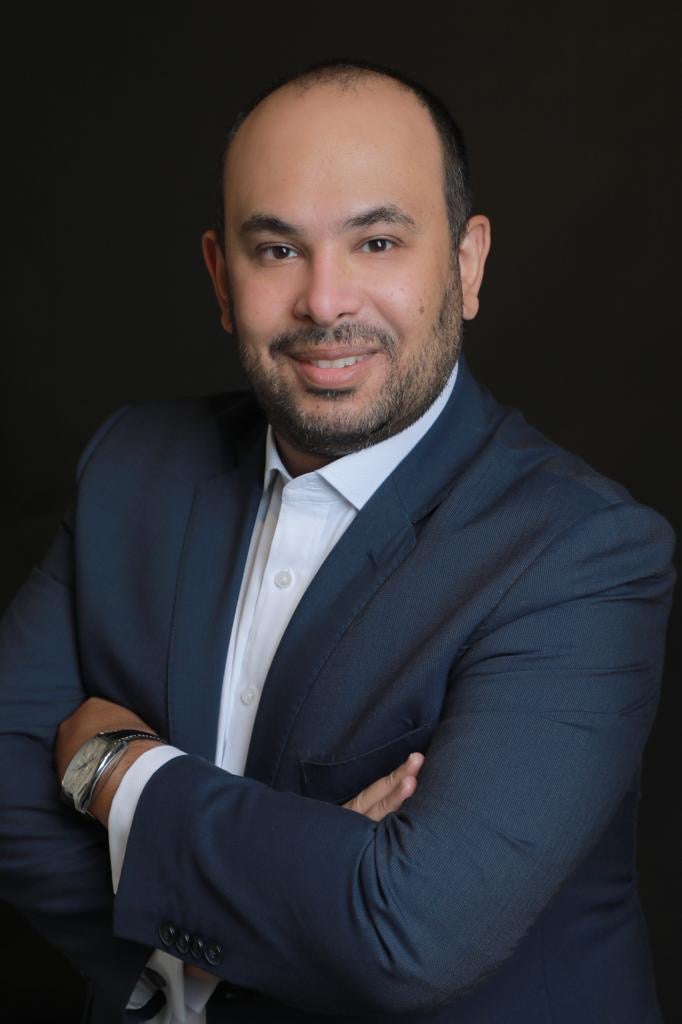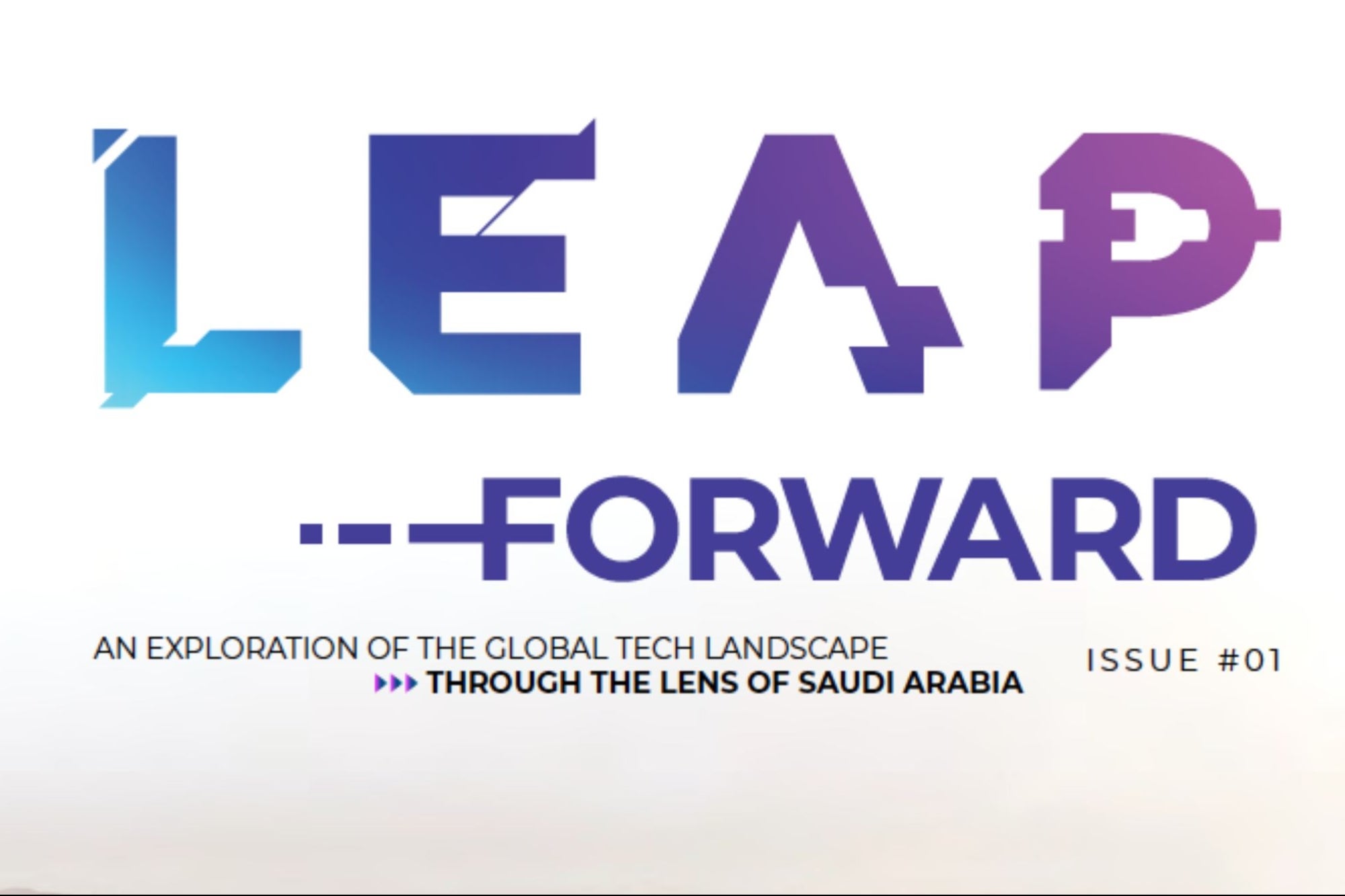C-Suite Execs, Listen Up: Here Are Five Things HR Experts Want You To KnowFrom the perfect culture fit to people data, here are key insights and advice for leadership from HR experts in Dubai Knowledge Park.
You're reading Entrepreneur Middle East, an international franchise of Entrepreneur Media.

The world of work is changing, its longstanding foundations shifting in the wake of COVID-19, and the ultimate realization that regardless of where employees are in the world, the show can and will go on. What's key amid all this transformation is ensuring thata business's priorities adapt to the new culture of work. Where once results overshadowed processes and profits overshadowed employee wellbeing, things have changed drastically, and people are demanding more of upper management.
所以,我们应该在管理层保持mind as we navigate this new normal? In honor of International HR Day on May 20, we headed toDubai Knowledge Park, the MENA's largest HR and training hub, and asked experts from two of the region's leading HR and talent development firms based there - Mohamed Farid, Managing Director ofSHL, and Amir Morshed, Partnerships Director atTalogy- to share five actionable insights that business leaders need to take to heart as they run organizations in the world of today:
1. Show your company culture from the get-goCompany culture is when an organization, function, or team have collective values and behaviors. Positive company cultures recognize employee input and achievements, ensure work-life boundaries, celebrate milestones, provide feedback in a constructive and respectful manner, and create a lively, welcoming environment that engages employees. To ensure you find employees who fit your company's spirit, you need to convey those expectations from the first interview. "You are what you attract," says Farid. "As much as I think you could mold new hires into whatever values your company has, if you truly want to retain them, and have them carry your mission torch, you need to make sure you are honest since the beginning, and reflect the organsization's culture as close as possible in any of your hiring materials and platforms." Morshed recommends a second option: "Create a holistic success profile for new hires that outlines what specific values and behaviors they will need to demonstrate or be able to adapt to." Not only will you hire employees with long careers within the company, but it can serve as a tool to assess your company's culture and address any toxicity.

Amir Morshed, Partnerships Director at Talogy. Image courtesy Talogy.
2. Even in HR, data is the futureThe pandemic ushered in the infamous Great Resignation, a mass movement where individuals around the world quit traditional corporate jobs to pursue independent projects or test out new fields. It revealed a growing dissatisfaction that permeated many organizations, forcing leaders to consider the mental, physical, economic, and emotional health of their workforce. "This required HR to have a deeper understanding into people insights, and that is why the ability to read and interpret data has become increasingly crucial today and in the years to come," Farid explains. Morshed corroborated the importance of data. "People analytics and the digital transformation of business has been a trend within the global HR field for the last couple of years, and it will continue to grow in the years to come," he says, noting that the main challenges businesses must solve today include identifying what people data to securely capture, and how to best apply their findings.
3. Practice what you preach"One common mistake upper management make is to not role-model the behaviors and values the company is promising to uphold," Morshed says. Ensuring that figures at the top of the totem pole embody the fundamental values of their firm, and get in the team spirit by lending a hand in roles that may no longer be within their remit are valuable traits of strong, hands-on leadership. Farid adds, "Empathy, recognition, and active listening are the key to building a positive work culture, and leaders, especially those in the upper management, are the key holders. Examples need to be set from top-down, because when people have exemplary leaders they can look up to, that is when you can start to make a culture change in your organization."
Related:Putting People First: The Future Of HR In "The New Normal"

Mohamed Farid, Managing Director, SHL. Image courtesy SHL.
4. Mental health is not a buzzwordAccording to Farid, "mental health should be in every business leader's radar more than ever, especially as all of us are in the journey of rebuilding the workforce that is battered -mentally and physically- by the pandemic." Even before the Great Resignation and COVID-19, mental health was an increasing pervasive conversation in the professional world as people recognized the impact poor environments and support systems had on productivity, loyalty and well-being. "A good starting point for businesses is to choose and facilitate suitable self-assessment tools that are designed around resilience, mental toughness, and subjective well-being with the intention to increase the self-awareness of its people," suggests Morshed. "One of the ultimate goals is to make people aware regarding what they can and cannot control, and empower them to focus on aspects they can change gradually." But such a dynamic is a two-way street, Farid adds. "As an employee, you need to prioritize your mental health more than anything, and listen to your body and mind. If you are exhausted at work and need to take a break, don't wait to do so."
5. Be genuine in your inclusivity effortsGender balance, inclusive environments, and diversity are essential initiatives for any modern-day company, but those are often left as empty promises. According to the World Economic Forum's2021 Global Gender Gap Report性别平等的平均距离为68%today, and estimates that it will take over 135 years to close the gender gap worldwide. Government-backed workplace equality initiatives have begun improving the outlook in the UAE, with the report recognizing it as one of the countries with the most improved gender parity levels. However, it's on upper management to maintain the momentum. "Building an inclusive work environment is a challenging process and everyone has some homework to do," comments Farid. "There are five things leaders can do: remove biases, ensure fair pay, focus on the results instead of the individuals, build an enabling environment, and create an inclusive hiring process." Embracing diversity and empowering individuals regardless of gender and background have great benefits for employers too. Various studies show it can lead to improved decision making due to a variety of perspectives on the table, improved productivity, and, according to McKinsey, can enable businesses to outperform less diverse competitors. "Organizations that increase awareness of their people on the benefits and the need for diversity and inclusivity, while at the same time continuing to ensure fair, objective, and valid selection and development practices, have a higher chance of succeed," Morshed adds.
Related:Why Community Sits At The Heart Of Dubai's Success As A Startup Hub












